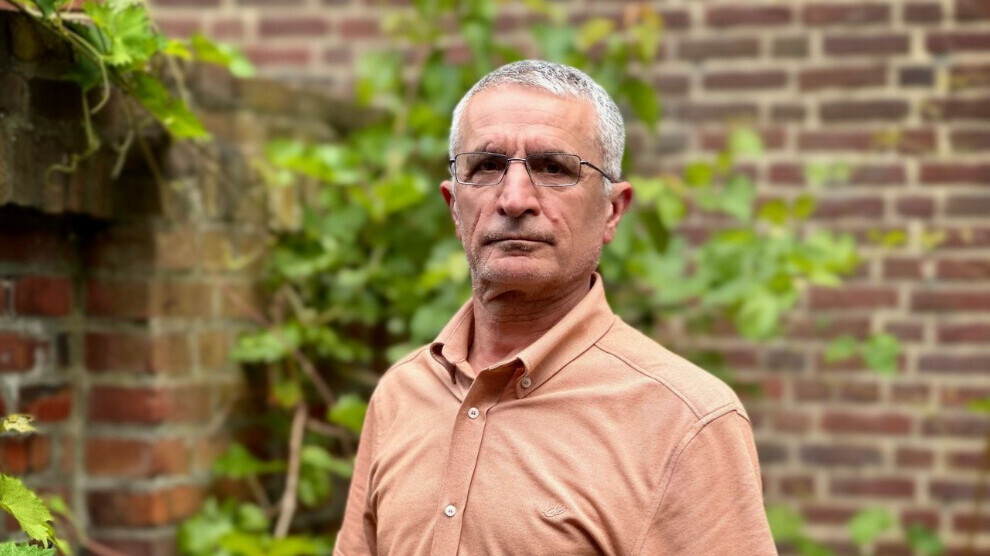Dutch judiciary orders arrest and extradition of journalist Serdar Karakoç to Germany
The Dutch judiciary ordered the arrest and extradition of journalist Serdar Karakoç to Germany.
The Dutch judiciary ordered the arrest and extradition of journalist Serdar Karakoç to Germany.

A court hearing took place today in Amsterdam in the extradition hearing against Serdar Karakoç. The Kurdish journalist was arrested at his home in the Netherlands on 23 May at the request of Germany. On 14 June, he was provisionally released on bail of 5000 euros. His passport was confiscated, he is not allowed to leave the country and has to sign in at the police station once a week. The 64-year-old journalist is being investigated in Germany under Law 129b for alleged membership of the Kurdistan Workers' Party (PKK).
The Dutch judiciary ordered the arrest and extradition of journalist Karakoç to Germany.
The court rejected all objections made by the lawyers.
Serdar Karakoç is an Alevi Kurd and was born in Dersim in 1960. He has been working as a journalist in the tradition of the free Kurdish press since the 1980s. In the early 1990s, he was in charge of the Izmir office of the ‘Özgür Gündem’ newspaper, which was later banned in Turkey, and later moved to the Istanbul editorial office. When the then Prime Minister Tansu Çiller had the editorial offices of ‘Özgür Gündem’ successor ‘Özgür Ülke’ bombed on 3 December 1994, Karakoç was one of the few media professionals who remained unharmed in the state-ordered attack. He left Turkey in 2001 to escape persecution and has since lived in the Netherlands as a recognised refugee.